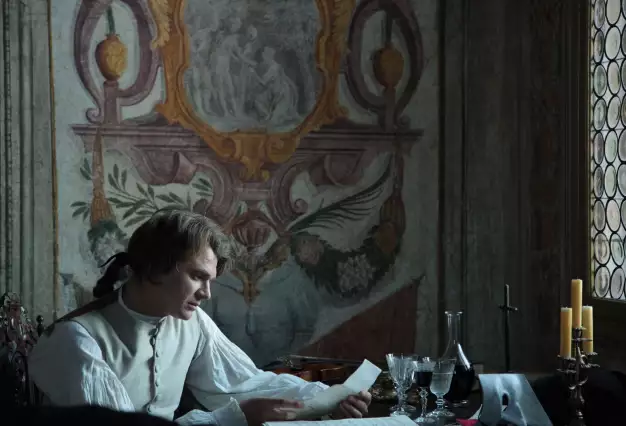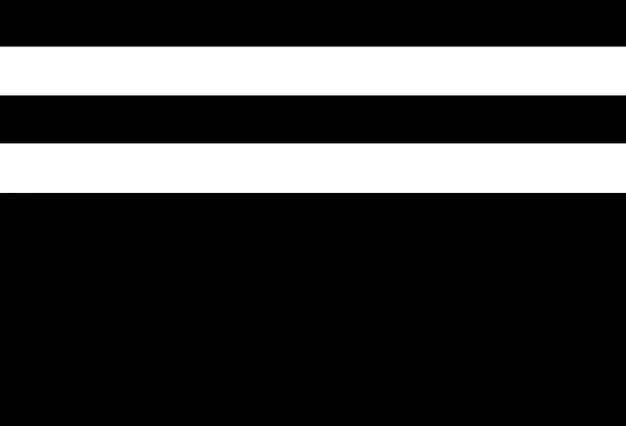
15 May 2016
Certain Subjects Are Coming Back
Interview with Jan Hřebejk
Certain Subjects Are Coming Back
Interview with Jan Hřebejk

Director Jan Hřebejk, who has experienced the development of the Czech post-communist film era since the early years, is one of the country’s most active contemporary filmmakers in both film and TV. Denisa Štrbová spoke to him about his most recent film, The Teacher, and other interesting subjects connected with his work.
Interview by Denisa Štrbová for Czech Film Magazine / Summer 2016
Your new film The Teacher is a Slovak-Czech co-production with Slovak dialogue. What was the reason for this, and what was the experience like?
We mainly had production reasons to shoot in Slovakia, as we didn’t get financial support at home. But I am saying this without any bitterness, as it meant that we – for many reasons – made a better film than we would have made in the Czech Republic. One of the important advantages for me was that – with just a few exceptions – I didn’t know the actors, and in my eyes they merged much more with the film characters. But I do realize it will be more difficult to promote a film with unknown actors. Otherwise, there weren’t any production or artistic obstacles. The story takes place at the beginning of 1980s in Czechoslovakia. Everybody had similar problems, and it was natural to hear both Czech and Slovak. That’s why the film won’t be post-synchronized.
How did you find working with the Slovak film crew?
I have always collaborated with Slovaks. I have never shot a film with anyone other than a Slovak costume designer.

The Teacher takes place in 1980s. How did you find the right film locations?
The Teacher, which was originally intended to be a television film, is primarily financed by RTVS (Radio and Television Slovakia). That gave us an opportunity to shoot almost the entire film in a single location: the original building of Slovak Television, which was built during this period. Today, it’s falling apart, and it has no water or electricity anymore, but otherwise it fits perfectly. We shot everything there: the classrooms and staff room but also the airport and the hospital – all on just a few square meters. We were shooting the airport in the morning, then turned the camera around and we were in the hospital. The only place we had to build was an apartment.
The story is set during the period of so-called normalization, when you grew up as well. Several of your films deal with this subject with using humour. The Teacher is a different story, though. It is as hair-raising as Karel Kachyna’s The Ear.
Yes, I used to say that The Teacher is like Pupendo without humour. But in fact it is only a question of genre. My early films were made in cooperation with Petr Šabach (a famous Czech author of humorous novels), so the humour was also in our films. I used to call this genre “nostalgic comedy”. It later established itself in the Czech cinema very strongly and reached its zenith in the films of Jan Svěrák. But at the time I started making films it wasn’t the case. Nobody was making this kind of films, and we couldn’t find financing even for Cosy Dens. The Teacher, however, is a drama, or more accurately a parable – and humour has no place in it.
The subject of manipulation and fear is present in more of your films. And it doesn’t concern only the era of communism as the end of The Teacher suggests. Is this a key subject for you? What other subjects are you interested in?
Certain subjects are coming back to us. Thematically, The Teacher is closest to Divided We Fall: in both, the subject is fear. While writing the script of The Teacher, we realized that it has a structure similar to 12 Angry Men, but it turned out to be like this only afterwards. For Petr Jarchovsky as an author, another important subject is human dignity, integrity that becomes a heroic deed: a character takes a risk for something he considers to be right, but it can seriously jeopardize him. This theme appears in all of Petr’s key films.

From today’s point of view, the start of your career almost resembles the American dream. Big Beat won at the Czech Lions, Cosy Dens was a distribution blockbuster, and Divided We Fall was nominated for an Oscar.
It was not all so fast and simple as it may seem now. It had its development. The beginning of the 1990s was different from the end of the 1990s. Nobody cared too much back then about Czech film. In cinemas there was a peculiar mixture of films: on the one hand, the banned films, then masterpieces like Cabaret by Bob Fosse and One Flew Over the Cuckoo’s Nest, and next-door there were soft porn films like Emmanuelle. There were also great new Czech films playing in the cinemas, but nobody wanted to watch them, and they didn’t run longer than a week.
But Big Beat was a success...
Big Beat was the first debut made with private money. It was a musical and the most expensive film I have ever made. It had good reviews, got the Czech Lion for the Best Film, and by today’s standards it attracted a huge audience in the cinemas, but still it didn’t make much money. However, it was generally considered to be a commercial success.
With Petr Jarchovský you started immediately after the studies, and you are still cooperating to this day. How does your collaboration continue to work?
I consider myself to be an auteur filmmaker. Petr is my twin brother, and our films are auteur films. I like to work with him. He writes instead of me, and I direct instead of him. He has no desire to direct, and I have no patience to sit through the writing process. Films like Kawasaki’s Rose, Up and Down, Divided We Fall, Cosy Dens and Beauty in Trouble are our confessions, our auteur films.

You are working for television a lot now. For HBO you made a TV series originally from Israel – a series titled Shall We Kiss. Was is difficult to make the script into something local?
Head Over Heels (Až po uši) is conversation comedy – a genre that is difficult to write and cast. (The best conversation comedies are those of Woody Allen, of course.) I didn’t like the original format at the beginning at all. It was melodramatic and lacked humour, but technically it was written very well – with just a few film locations it looked very rich. I knew it would work when we remake it our way. HBO gave us the freedom, and the screenwriters (Iva Klestilová and Tereza Dusová) did a great job. In Hungary they remade it as a realistic drama; we bet on humour and casting against type. We cast the best actors and gave them a lot of space for improvisation – even in co-creating dialogues. In Israel, the series was not renewed, but in the Czech Republic it will be, and we are already working on the next parts.
What do you think about contemporary Czech cinema?
I try to follow it. I think recently many new remarkable filmmakers have emerged. I saw I, Olga Hepnarova, The Noonday Witch and Family Film – the films are also resonating with international audiences. I really like them. Also the directors of my generation, like Petr Zelenka, Petr Václav and Bohdan Sláma, have a high standard in their work. It’s a pity that not enough people go to see their films in the cinemas. Then there are films that many people go to see, but I can’t remember a very popular film that was also really good. In the past people went to see good films. Today the offer and access is huge: 450 releases a year, and the marketing costs more than the production.
Jan Hřebejk
one of the most successful and active contemporary Czech filmmakers – director of 17 feature films – working in tandem with the screenwriter Petr Jarchovský, the author of screenplay to almost all his films. Their film Divided We Fall was nominated for Oscar in 2000. The latest Hrebejk’s film is The Teacher.




